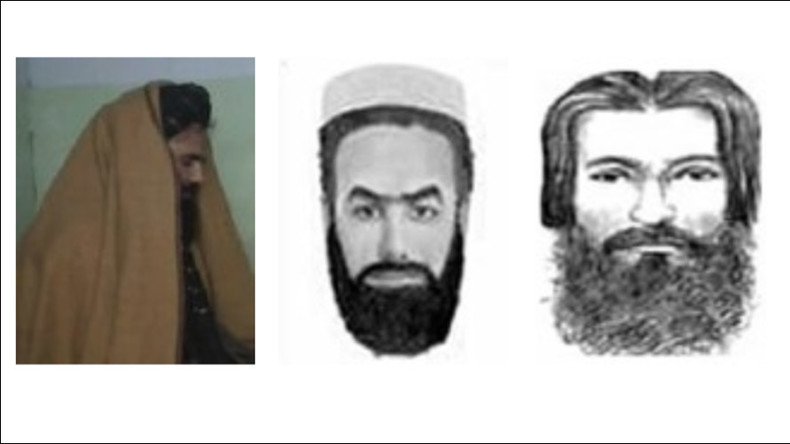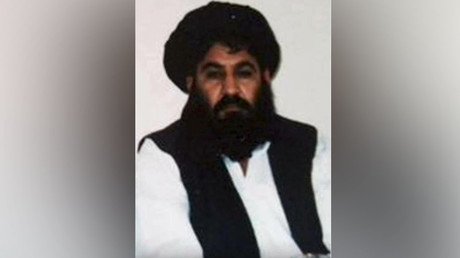Dire consequences if Taliban chooses radical warlord Haqqani as new leader – Moscow

There will be severe consequences if Sirajuddin Haqqani, considered one of the most dangerous warlords in the Middle East, becomes leader of the Taliban following the reported killing of Mullah Akhtar Mansour, a Russian Foreign Ministry official has said.
Haqqani, believed to be in his mid-40s, has been largely cited as a possible successor to Taliban leader Mullah Akhtar Mansour, who was reportedly killed in a targeted US drone strike in a remote Pakistani area on Saturday.
"There will be hell to pay" if the Afghan guerrilla commander replaces Mansour, Foreign Ministry official and the Russian president's special representative for Afghanistan, Zamir Kabulov, told Interfax on Monday.
The Russian diplomat added that so far Haqqani is regarded as the most possible candidate to become the new Taliban chief, and said that although Moscow does not yet possess any final data on Mansour's death, "the probability [of him being killed] is high."
Taliban militants choosing Haqqani as their new chief will be the worst possible scenario, Kabulov told RIA Novosti, adding that he's "the most radical figure in their leadership."
The ministry official also said that Mansour's alleged killing might lead to an escalation of military tensions in Afghanistan, and could "significantly complicate the negotiation process" in the region.
On Monday, US President Barack Obama confirmed the American military had killed the Taliban leader, proclaiming his death "an important milestone." Having called on other militants to agree to peaceful negotiations, Obama said that "the Taliban should seize the opportunity to pursue the only real path for ending this long conflict [by] joining the Afghan government in a reconciliation process."
US drone strike on Taliban leader in Pakistan 'violation of sovereignty' – Foreign Ministry https://t.co/kR4yVoqmBgpic.twitter.com/IeDo5fz5aN
— RT (@RT_com) May 22, 2016
While Haqqani has been one of two deputy Taliban commanders, he integrated his own militant faction, known as the Haqqani network, into the insurgency. His group is said to be among the most lethal in the region. According to the US State Department, his network is believed to have introduced suicide bombing to Afghanistan and is said to maintain close ties with Al-Qaeda.
His family has been involved in bloodshed in Afghanistan for decades, Reuters reported, saying that Haqqani's father fought against the Soviet Union in the 1980s.
The man himself is labeled as a "specially designated global terrorist" by the FBI. A bounty of up to $5 million has been offered for anyone who can provide information that will lead to his arrest, with Haqqani wanted for his alleged involvement in the planning of the assassination attempt on Afghan President Hamid Karzai in 2008, among other crimes.
READ MORE: ‘US is fighting terrorism in the wrong places’ - former Afghan President Karzai
He's also believed to have orchestrated the deadly suicide blast in the Afghan capital Kabul in April. Dozens were killed and hundreds injured in the attack close to the US embassy, responsibility for which was claimed by the Taliban.
Mullah Mohammad Yaqoob, the son of Taliban founder Mullah Omar, as well as Omar's brother, Mullah Abdul Manan, both of whom recently attained important positions within the movement, could also be in the running to lead the Taliban, Reuters reported.













